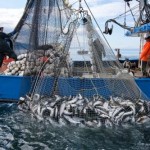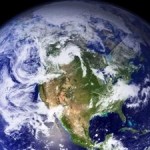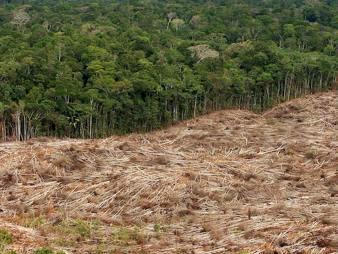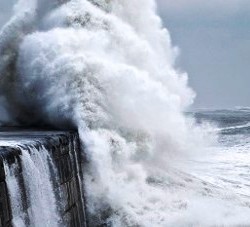Pyeong Chang – A new international report, “An Updated Synthesis of the Impacts of Ocean Acidification on Marine Biodiversity”, shows beyond doubt that ocean acidification is an issue of serious environmental and policy concern.
“This timely synthesis has considered the impacts of ocean acidification across many levels of biodiversity, and as such represents an important resource for considering the future of our oceans,” explains Dr. Salvatore Arico, who acts as the principal focal point on biodiversity science and policy at UNESCO.

As carbon dioxide in the atmosphere goes up (and there was a record-breaking increase in 2013), the pH of the ocean falls. That chemical response is unavoidable; what has been less certain is whether marine life will be affected. Ten years ago, only a handful of researchers were investigating the biological impacts of ocean acidification: whilst their results gave cause for concern, it was clear that a lot more measurements and experiments were needed. Around a thousand published studies later, it has now been established that many marine species will suffer in a high CO2 world, with consequences for human society.
Evidence for such effects has been brought together by the Convention on Biological Diversity (CBD), the United Nations body committed to the conservation and sustainable use of all forms of life on Earth. An international team of thirty experts, led by UK scientists, has concluded that ocean acidification is already underway, and it is now near-inevitable that it will worsen, causing widespread impacts, mostly deleterious, on marine organisms and ecosystems, and on the goods and services they provide.
The exact magnitude of the ecological and financial costs is, however, still uncertain, due to complex interactions with other human-driven environmental changes. Risks to coral reefs are highlighted in the CBD, due in part to the crucial role they have in helping support the livelihoods of around 400 million people.
“As we consider how ecosystems (and species) are changing with ocean acidification, amongst the most important things to consider is how these changes may impact upon food security in developing countries,” states Dr. David Obura, Director of Coastal Oceans Research and Development in the Indian Ocean (CORDIO).
“A key feature of the CBD synthesis is that it acknowledges the complexity of biological responses to ocean acidification,” said Dr. Phil Williamson, the Science Coordinator of the UK Ocean Acidification (UKOA) research programme, and co-editor of the report. “Changes in ocean chemistry interact with other stressors, and we now know the importance of such factors as exposure time, temperature, and food supply in determining physiological and behavioural responses.”
Laboratory and field studies by the UKOA programme, together with modelling, have made a major scientific contribution to the report.
“Our work at Heriot-Watt University and in the north-east Atlantic has given us a much better appreciation of the vulnerability of cold-water corals,” said Dr. Sebastian Hennige, lead editor of the report. “There is risk that their habitat will literally dissolve away, since living corals grow on structures made by their dead ancestors. These structures will be subject to chemical erosion over very large ocean areas if current trends continue.”
“Ocean acidification is not just a concern of the future, it is happening now,” explains Dr. Nina Bednarsěk of NOAA. “Pteropods, which are often described as the potato chips of the sea due to the many organisms that eat them, live in shells which are literally dissolving away in high latitude seas and upwelling regions along the continental shelf of the US west coast.”
“The speed of current ocean acidification is unprecedented,” said Dr. Carol Turley, contributing author of the report from Plymouth Marine Laboratory. “Past ocean acidification events happened much more slowly, and they still resulted in some species becoming extinct and being lost forever.”















